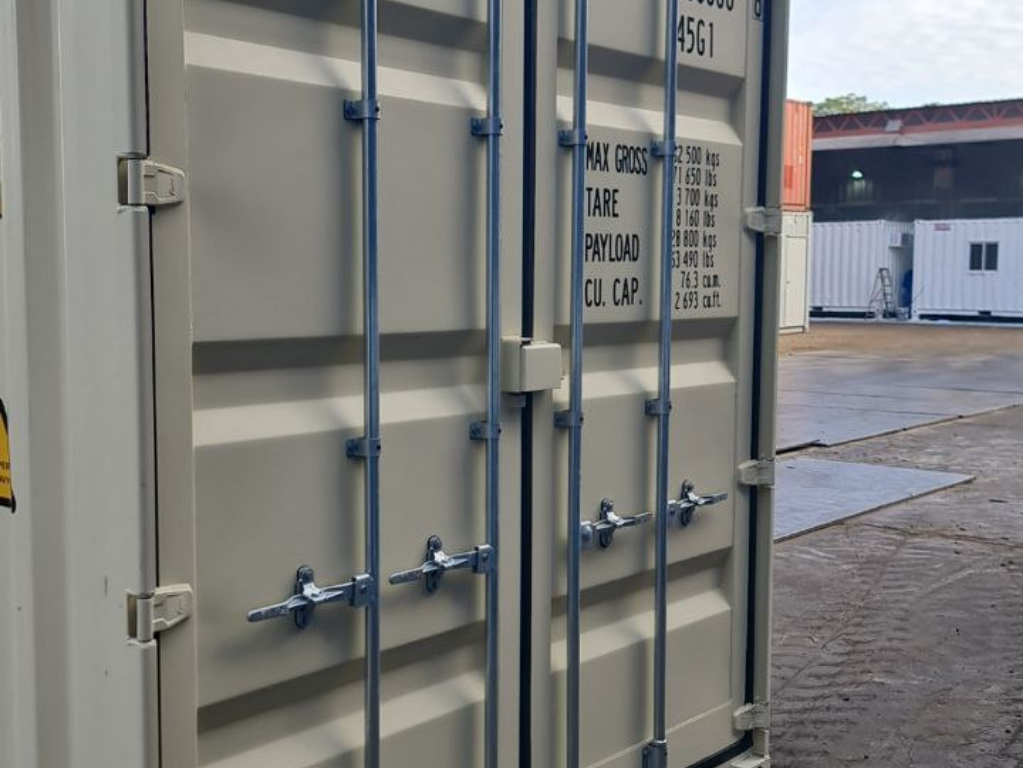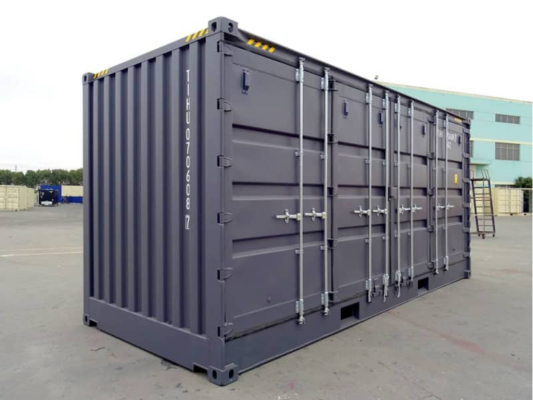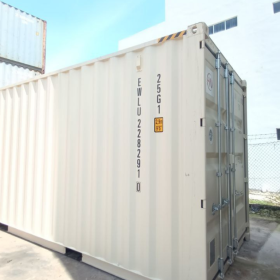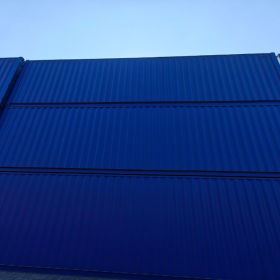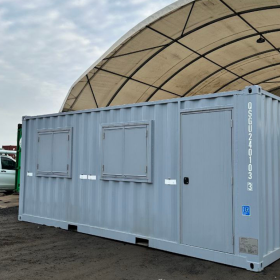Shipping Container Offices: The Perfect Solution for Remote Workspaces
In recent years, the rise of remote work has transformed how businesses operate. As companies seek innovative solutions to adapt to this new landscape, shipping container offices have emerged as a viable and efficient alternative. These unique structures offer flexibility, sustainability, and cost-effectiveness, making them an ideal choice for remote workspaces.
The Rise of Remote Work
The COVID-19 pandemic accelerated a shift that had already begun: the widespread adoption of remote work. Companies across various industries discovered that employees could maintain productivity and collaboration outside traditional office settings. As a result, businesses are now exploring creative ways to provide their teams with the best work environments, and shipping container offices are a fantastic option.
Why Choose Shipping Container Offices?
1. Cost-Effective Solution
Setting up a conventional office space can be a significant financial burden. Leasing or purchasing real estate often comes with high costs, including rent, utilities, and maintenance. Shipping container offices, on the other hand, provide a more affordable alternative. Containers can be purchased or rented at a fraction of the cost of traditional office space, allowing companies to allocate funds toward other critical areas of their business.
2. Flexibility and Mobility
One of the most appealing features of shipping container offices is their flexibility. These structures can be easily modified, stacked, or combined to suit the specific needs of a business. Companies can create open layouts for collaborative workspaces or closed offices for privacy. Additionally, containers can be relocated, making it simple to adapt to changing business needs or even move to a new location without the hassle of extensive renovations.
3. Sustainability
As environmental concerns continue to grow, businesses are seeking ways to minimize their carbon footprints. Shipping container offices are inherently sustainable. By repurposing existing containers, companies can reduce waste and lower the demand for new construction materials. Many container offices also incorporate energy-efficient features, such as solar panels and green insulation, further enhancing their eco-friendliness.
4. Quick Setup
Traditional office construction can take months, if not years, to complete. In contrast, shipping container offices can be set up in a matter of weeks. This speed is particularly beneficial for businesses needing to establish a workspace quickly, such as startups or companies expanding into new markets. With minimal site preparation required, businesses can focus on getting their teams operational rather than waiting for construction to finish.
Creating an Inspiring Workspace
Shipping container offices are not only functional but can also be designed to create inspiring work environments. Interior designs can incorporate natural light through large windows and skylights, promoting a pleasant atmosphere for employees. By using open spaces and modern furnishings, businesses can create comfortable and aesthetically pleasing workplaces that enhance productivity.
1. Personalization and Branding
Another advantage of shipping container offices is the ability to customize them to reflect a company’s brand identity. From color schemes to signage, businesses can create a workspace that resonates with their values and culture. This personal touch can help foster a sense of belonging and pride among employees, even in a remote work environment.
2. Collaboration Zones
For remote teams, collaboration is essential. Shipping container offices can be designed with specific areas dedicated to teamwork and brainstorming sessions. By creating collaborative zones with comfortable seating, whiteboards, and technology for virtual meetings, companies can ensure that their remote teams stay connected and engaged.
Addressing Challenges
While shipping container offices offer numerous benefits, there are also challenges to consider. Proper insulation and ventilation are crucial to ensure comfort in various weather conditions. Additionally, companies must comply with local zoning laws and building codes when setting up their container offices.
However, with careful planning and professional assistance, these challenges can be effectively managed. Many companies specialize in designing and installing shipping container offices, ensuring that they meet all regulatory requirements while maximizing functionality.
Conclusion
As the world of work continues to evolve, shipping container offices present a perfect solution for remote workspaces. Their cost-effectiveness, flexibility, sustainability, and quick setup make them an attractive option for businesses seeking to adapt to the new normal. With the ability to create personalized and inspiring work environments, shipping container offices can help companies maintain productivity and foster collaboration among remote teams. Embracing this innovative approach to workspaces may just be the key to thriving in the future of work.

